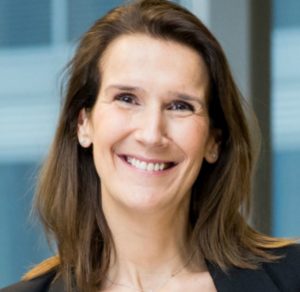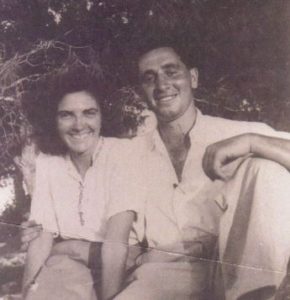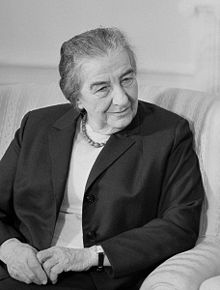Belgium’s First Female Prime Minister

Sophie Wilmes (Credit: Damien Caumiant)
Sophie Wilmes (b. 1975) was born in Brussels, Belgium. Her father was an economist and professor, and both of her parents were involved in Belgian politics. Several members from her mother’s side of the family perished in the Holocaust. Wilmes studied communications and finance, then worked for the European Commission of the EU as a financial officer. In 2000, she became a municipal councillor in Brussels. After 14 years in local politics, she moved up to provincial governance, then got elected to the Belgian parliament. In 2015, she became Belgium’s Minister of Budget. She oversaw the country’s National Lottery, and later also its Science Policy. In 2019, Belgium’s coalition government fell apart, and Wilmes was appointed to be the “caretaker” prime minister during a transition to a new government. This made her the first female, and first Jewish, prime minister of Belgium. When the pandemic struck in the midst of her transitional term, the parliament gave her full ministerial powers to deal with the calamity. Nonetheless, she handed over the premiership one year later, as planned, when a new coalition government was formed. Wilmes is now Belgium’s deputy prime minister, and the country’s new foreign minister. She is married to an Australian businessman and former football player. The couple has four children. Wilmes writes that her primary focus is maintaining a free society, being a transparent civil servant, and doing her utmost to “improve everyone’s day-to-day lives”.
Words of the Week
Zionism is one of the greatest movements of the present time. All lovers of Democracy cannot help but support whole-heartedly and welcome with enthusiasm the movement to restore your wonderful and historic nation, which has contributed so much to the civilization of the world and which rightfully deserve an honorable place in the family of nations.
– Dr. Sun Yat-Sen, “Father of the Chinese Nation”


